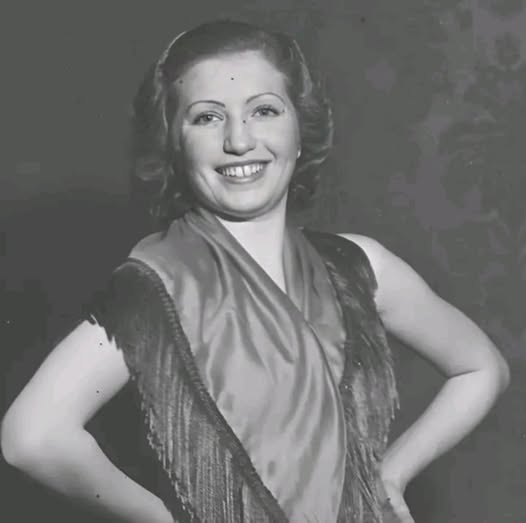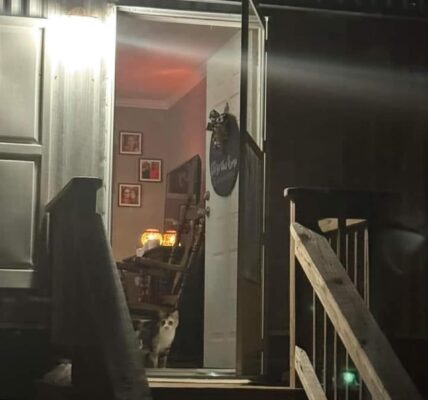
In 1943, Franceska Mann, a young Jewish ballerina renowned for her grace and poise, found herself in one of history’s darkest places: Auschwitz. The notorious Nazi death camp was a world of systematic cruelty, where lives were extinguished with chilling efficiency. Upon arrival, prisoners were stripped of their clothes, their identities erased, and forced into the drab gray uniforms that marked them as condemned.
Franceska, however, refused to enter this hell quietly. As she was ordered to change into the prisoner’s outfit, she performed the act of undressing with a calculated elegance, turning the mundane into a weapon. Her movements distracted the SS guards, giving her a fleeting moment of opportunity that would define her legacy. In a split second of audacious bravery, she seized a pistol from one of the guards and shot him dead, a shocking act of resistance in a place where rebellion meant almost certain death.
The air became tense and chaotic. Franceska fired again, wounding another guard in the stomach. Panic and confusion rippled through the camp as the other prisoners watched in disbelief. Witnessing her courage, one woman seized the moment and whispered to a few others, rallying them into action. In a short, furious flurry, they struck back at their oppressors—they scalped one guard and tore the nose off another, acts of raw defiance against unimaginable evil.
Yet, their revolt, brief as it was, could not escape the overwhelming power of the SS. Franceska and the other women were quickly overpowered. They were killed almost immediately, victims of a system designed to crush any spark of rebellion. And yet, in those moments of violence and terror, they became more than victims—they became symbols of resistance.
Franceska Mann’s courage challenges the narrative of helplessness that so often accompanies stories of Auschwitz. She demonstrated that even in the most horrifying circumstances, the human spirit can strike back. Her actions, though ultimately costing her life, reminded the world that bravery can manifest in the smallest window of opportunity, in the briefest heartbeat of defiance.
The story of Franceska Mann reverberates across generations. It is not only the tale of a young woman who faced certain death with courage, but a testament to the power of resistance, even in the face of overwhelming oppression. It forces us to confront the unimaginable choices people were forced to make, and it honors the memory of those who refused to die silently.
Her legacy is a stark reminder that acts of courage, no matter how fleeting, can ripple through time. Franceska Mann did not survive Auschwitz, but her spirit endures—an emblem of defiance, of refusal, and of the relentless fight for dignity in the face of unimaginable evil.




